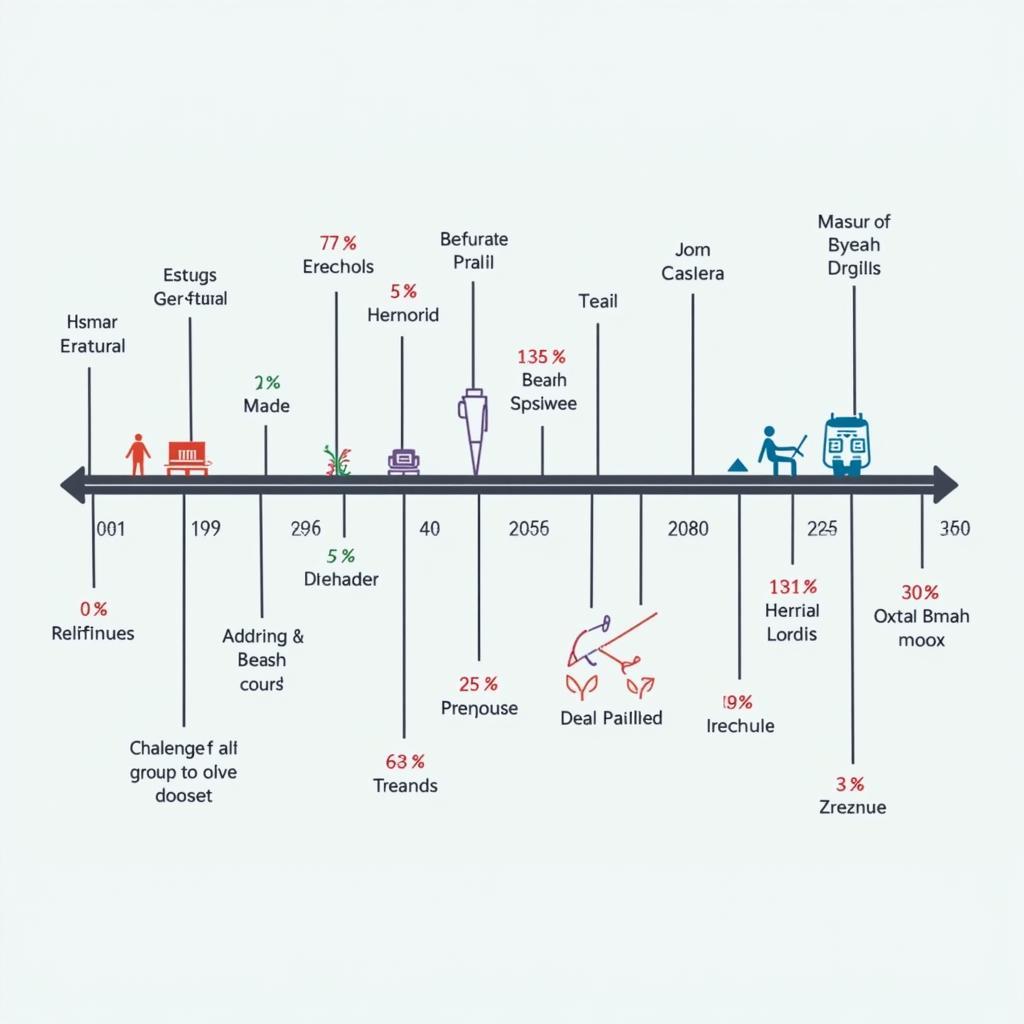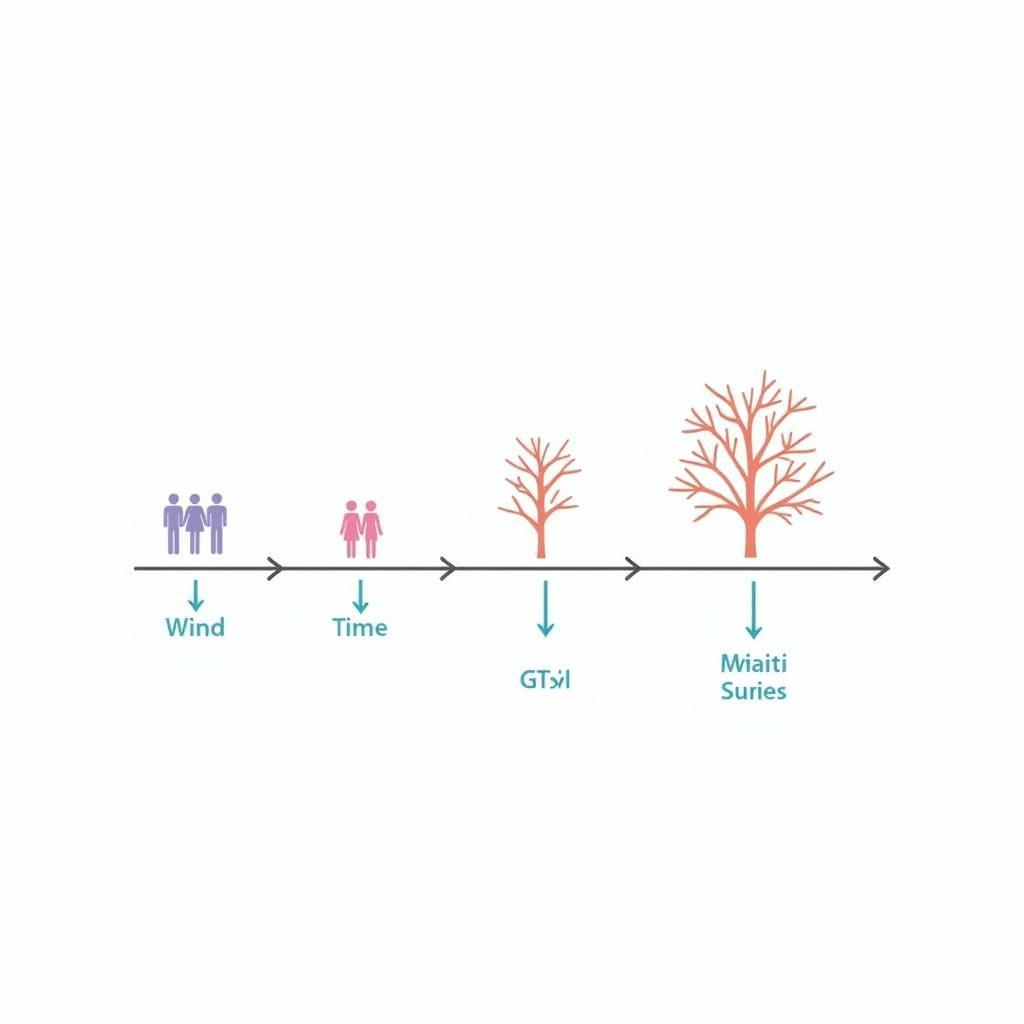Developmental Research Methods are crucial for understanding how humans change and grow across their lifespan. These methods allow researchers to explore a wide range of topics, from cognitive development in children to the social and emotional changes that occur in adulthood. By using rigorous and well-established research methods, scientists can gain valuable insights into the complex processes that shape human development. This understanding can then be used to inform interventions and policies designed to promote healthy development and well-being.
Researchers in fields such as psychology, education, and sociology employ developmental research methods to investigate how people change over time. These methods help us understand the factors that contribute to individual differences and the common threads that unite human experience. For example, developmental researchers might explore how language skills develop in young children or how aging affects cognitive function. Understanding these processes is essential for creating effective interventions to support development and address challenges across the lifespan. Research questions in psychology, such as the ones explored on sites like this, often employ these methods. Check out this resource on research question examples psychology.
Exploring Key Developmental Research Designs
Several research designs are commonly used in developmental research, each with its own strengths and limitations. Three prominent methods include longitudinal studies, cross-sectional studies, and sequential designs. Each approach offers a unique perspective on the developmental process, allowing researchers to examine change over time in different ways.
Longitudinal Studies: Tracking Change Over Time
Longitudinal studies follow the same group of individuals over an extended period, often years or even decades. This method provides a rich and detailed picture of individual development, allowing researchers to track changes within the same person as they mature. By observing individuals as they navigate various life stages and experiences, researchers can identify patterns of continuity and change over time.
 Longitudinal Study Example in Developmental Research
Longitudinal Study Example in Developmental Research
Cross-Sectional Studies: Comparing Different Age Groups
Cross-sectional studies compare different age groups at a single point in time. This method provides a snapshot of development at different ages, allowing researchers to identify age-related differences in various characteristics. While efficient and cost-effective, cross-sectional studies cannot track individual change over time, making it difficult to distinguish between age-related changes and cohort effects. Understanding research on issues like Down Syndrome often relies on these methods. See more about what research is being done on down syndrome.
Sequential Designs: Combining Longitudinal and Cross-Sectional Approaches
Sequential designs combine elements of both longitudinal and cross-sectional studies. By following multiple cohorts over time, sequential designs offer a more nuanced understanding of developmental change. This approach allows researchers to examine both age-related changes and cohort effects, providing a more comprehensive picture of development than either longitudinal or cross-sectional studies alone.
 Sequential Design Combining Longitudinal and Cross-Sectional Approaches
Sequential Design Combining Longitudinal and Cross-Sectional Approaches
What are the ethical considerations in developmental research?
Ethical considerations are paramount in developmental research, especially when studying vulnerable populations like children. Researchers must obtain informed consent from participants (or their guardians), protect their privacy, and minimize any potential harm. Ensuring the well-being of participants is crucial throughout the research process.
How can developmental research methods inform policy and practice?
Developmental research findings have significant implications for policy and practice in areas like education, healthcare, and social welfare. By understanding the factors that contribute to healthy development, policymakers and practitioners can design interventions that promote positive outcomes for individuals and communities. Current research topics in speech language pathology demonstrate this connection. For more on this, see research topics speech language pathology.
Dr. Amelia Chen, a leading developmental psychologist, emphasizes the importance of ethical considerations, stating, “Protecting the well-being of participants, especially children, is non-negotiable in developmental research. Our responsibility is to ensure their safety and rights are upheld throughout the study.”
Professor David Singh, a renowned expert in child development, adds, “Developmental research is vital for informing evidence-based interventions that support children’s learning and well-being. By understanding how children learn and grow, we can create effective programs that maximize their potential.” The importance of understanding development extends to all ages, and ethical practices are essential. Studies on the origins of sexual orientation exemplify the need for sensitivity and rigorous methodology. Learn more about existing research on the causes of homosexuality suggests that.
 Ethical Considerations in Developmental Research
Ethical Considerations in Developmental Research
In conclusion, developmental research methods provide valuable tools for understanding human growth and change across the lifespan. By utilizing rigorous research designs and adhering to ethical principles, researchers can gain crucial insights into the complex processes that shape human development. These findings can inform effective interventions and policies designed to promote positive outcomes for individuals and communities.
FAQ
- What is the main difference between longitudinal and cross-sectional studies?
- What are the benefits of using a sequential design?
- How are ethical considerations addressed in developmental research?
- How can developmental research inform educational practices?
- What are some examples of developmental research questions?
- Why is it important to study human development across the lifespan?
- How can I learn more about developmental research methods?
For further assistance, contact us at Phone: 0904826292, Email: research@gmail.com or visit our address: No. 31, Alley 142/7, P. Phú Viên, Bồ Đề, Long Biên, Hà Nội, Việt Nam. We have a 24/7 customer support team.